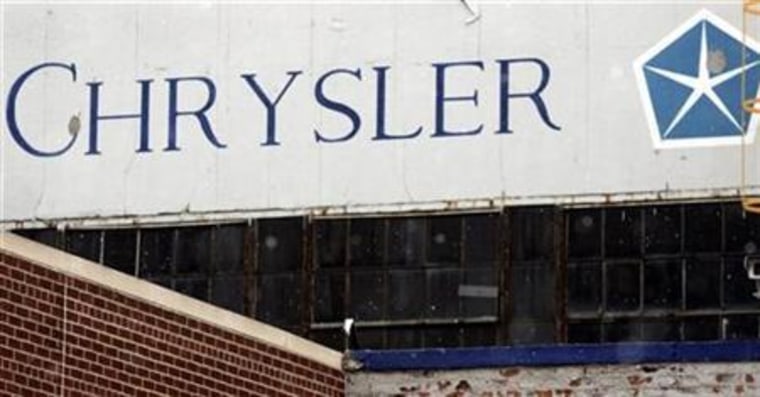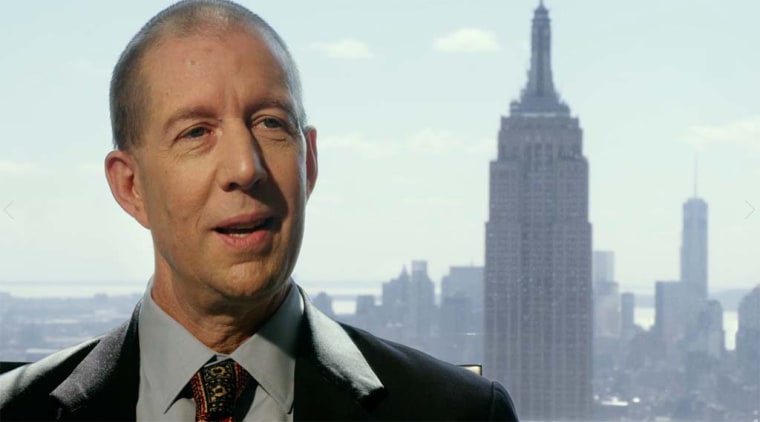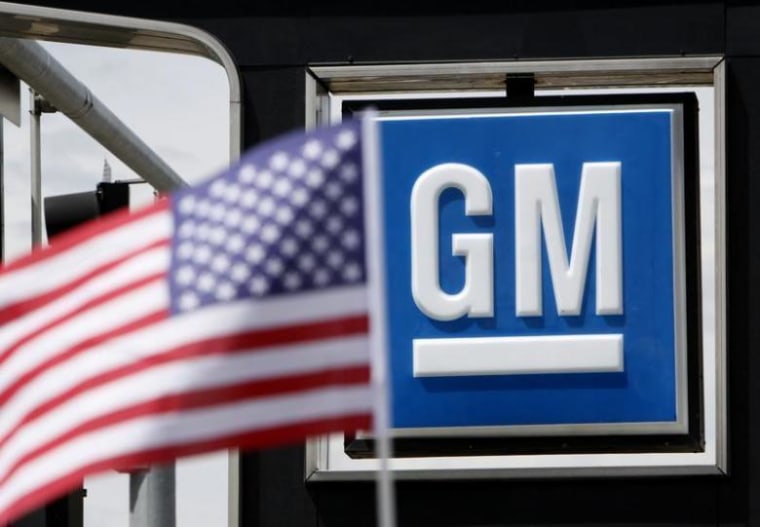A documentary about the bankruptcy of two auto companies might seem like a quick turn-off to mainstream audiences, but this one is the car industry’s version of "The Big Short," which addressed the even more arcane housing industry meltdown.

The once-unthinkable became a frightening reality when, during the depths of the Great Recession of 2008-09, both General Motors and Chrysler filed for Chapter 11. The ensuing $62.5 billion bailout — and what led up to it — is at the center of a new documentary called "Live Another Day."
The film has won kudos and awards on the film festival circuit and opens to a national audience on Friday, September 16. Co-producers Bill Burke and Didier Pietri lined up a cast of subjects almost as skillful at moving the story forward as the professional actors in "The Big Short" and, like any great film, there are good guys, bad guys, heroes and losers.

“Villain is not the word I would use” to describe the United Automobile Workers labor union, said Bill Burke, the former Turner Broadcasting and Time Warner executive who co-produced “Live Another Day.”
But the union does come close. The documentary notes that the UAW served a vital role protecting workers in its early years — but as a labor monopoly it could force Detroit’s automakers to give it almost anything it wanted by the time of the financial meltdown.
Between the Jobs Bank program — which meant unneeded workers could sit in a plant's cafeteria, sleep and get paid — and a golden health care program, labor costs spiraled out of control. Add that to the product missteps Detroit made and market share and profits vanished.
Had it not been for the Lehman Bros. collapse and the broader housing market disaster, Detroit’s makers might have survived. The government leaders decided to act.
While Bush wrote the first check, it was Obama who had to keep the cash flowing — and decide whether and how to save the companies. He assembled a team of experts that was notably low on people with experience in manufacturing. “I’m from the government, and I’m here to help you,” was the active phrase, and there are many who question what the auto task force accomplished.
It didn’t help that the team ultimately upended long-established bankruptcy law. Secured creditors got little to nothing, even as the UAW walked away with a two-thirds stake of the “new” Chrysler and a large chunk of “new” GM.
“We can better live without Chrysler than we can the rule of law,” lamented Tom Lauria, a highly respected bankruptcy attorney who appeared in the film.
Perhaps, but the consensus was that a collapse would have far greater repercussions beyond Detroit. Burke and Pietri show their skills by coloring things a little grayer, noting that many of those wiped out by the GM and Chrysler bankruptcies were other union pension funds and small investors.
“We got it mostly right. That’s the best praise you can give us,” declares former automotive task force boss Ron Bloom, the only significant player from the team who did have manufacturing experience.

In the end, it is left up to the viewer to decide who got things right and who got it wrong. It’s not for lack of opinion by Pietri and Burke, but masterful storytelling that trusts in its audience.
“Live Another Day” achieves what far too few documentaries accomplish, turning a potentially complex and confusing tale of high finance into a compelling story that even those with no automotive or financial experience can appreciate.
